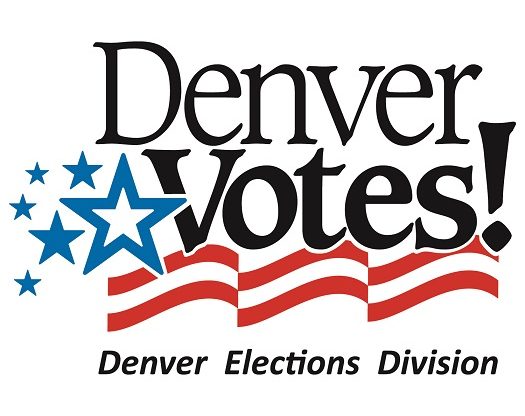Denver voters headed to the polls on Tuesday to elect a whole slate of municipal leaders from mayor through city councilmembers. Also on the ballot were Initiated Ordinances 300, to lift the city-wide ban on urban camping, and 301, to decriminalize the possession of psilocybin mushrooms. Denver voters turned out in remarkable numbers, given the off-year cycle of municipal elections with just over 60% of those registered casting a vote in the top-participated race, the at-large city council seat won by long-term incumbent Councilwoman Debbie Ortega. This turnout was well above the national average (53.4%) in even the 2018 congressional midterms, one of the highest-voted elections in recent history.
At the top of the ballot, two-term Mayor Michael Hancock, who has been serving since 2011, asked Denverites for a third term but was opposed by a crowded field of five challengers. Denver’s mayoral race is non-partisan, but Hancock is a Democrat. Given this background, the common narrative around elections did not hold as some of his most prominent challengers were also registered Democrats.
Hancock faced Penfield Tate, Kalyn Rose Heffernan, Jamie Giellis, Seku Evans and Lisa Calderón. By the time of this article, 177,975 votes had been cast with Hancock winning 38.65%. In second place was Jamie Giellis who attracted 24.88% of voters to her campaign followed by Lisa Calderón with 18.45% of the vote. Tate managed to grab 14.73% of the vote and the rest of the field received less than three percent of votes cast.
The strong showings from Giellis, Calderón and Tate prevented Hancock from garnering more than 50% of votes needed to become mayor, forcing him into a runoff election with Jamie Giellis, scheduled for May 20. This makes Hancock the first incumbent Mayor to be forced a into runoff election since Wellington Webb in 1995. Webb would go on to serve until 2003.
Timothy O’Brien ran uncontested for city auditor and cruised to unsurprising victory. The uncontested election for city auditor contrasted dramatically with the race for county clerk and recorder, a three-way battle in which the victor, Paul López, eked out a win by less than five percent of votes cast, winning 36.87%.
Denver voters also chose their city councilors with incumbents Debbie Ortega and Robin Kniech winning re-elections to the at-large seats. Voters in the 11 districts of Denver chose the remaining councilors and selected Amanda Sandoval, Kevin Flynn, Jamie Torres, Kendra Black, Amanda Sawyer, Paul Kushman, Jolon Clark, Chris Herndon, Albus Brooks, Wayne New and Stacie Gilmore for the seats from districts one through 13, respectively.
At the end of the ballot, the two highly anticipated propositions could scarce have resulted in more contrasting results. The City and County of Denver allows for citizen-sponsored initiatives to be put to a vote and passed into law. This process was used to allow voters to consider Initiated Ordinances 300 and 301. Denverites soundly rejected 300, a proposition to lift the ban on urban camping currently in effect in Denver City Limits by a nearly five-to-one margin. In stark contrast, the closely watched Ordinance 301, which decriminalizes the possession of psilocybin mushrooms, appears poised for passage after the “Yes” votes surpassed the “No” votes late Tuesday night as ballots began to pour in.
Denver, following the first-in-the-nation decriminalization measure of cannabis in 2000, is once again poised to make history as the first municipality in the country to decriminalize the possession of so-called “magic mushrooms.” Importantly, 301 only decriminalized possession and not distribution, production or sale. As of Friday, May 10, the “Yes” column leads by less than 2000 votes with many overseas ballots yet to be counted.
The run-off for mayor will occur on May 20 and voters can find more information and register to vote at Denvervotes.gov.











